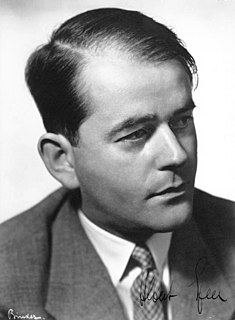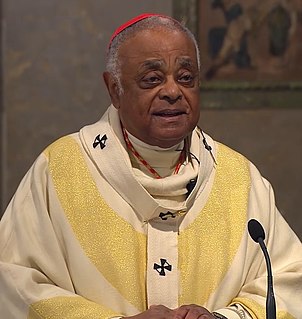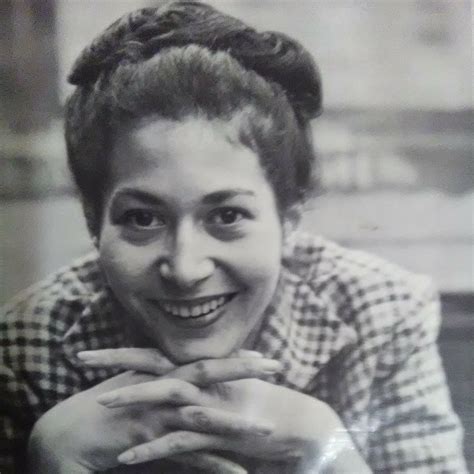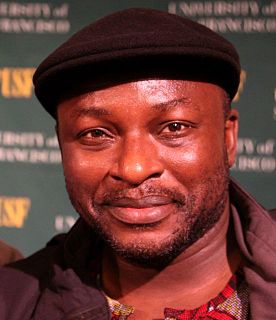A Quote by Albert Speer
I grow dizzy when I recall that the number of manufactured tanks seems to have been more important to me than the vanished victims of racism.
Related Quotes
I don't see black people as victims even though we are exploited. Victims are flat, one- dimensional characters, someone rolled over by a steamroller so you have a cardboard person. We are far more resilient and more rounded than that. I will go on showing there's more to us than our being victimized. Victims are dead.
In all the interviews I have done, I cannot remember one offender who did not admit privately to more victims than those for whom he had been caught. On the contrarty, most offenders had been charged with and/or convicted of from one to three victims. In the interviews I have done, they have admitted to roughly 10 to 1,250 victims. What was truly frightening was that all the offenders had been reported before by children, and the reports had been ignored.
Though people are more important than money, I'm not convinced these large sums of money paid out to victims is the best. Listening to the some of the victims, I think we could have avoided a lot of this if the Church had humbly apologized to them, but we tried to bully some of them. I pray the victims are healed.
Another response to racism has been the establishment of unlearning racism workshops, which are often led by white women. These workshops are important, yet they tend to focus primarily on cathartic individual psychological personal prejudice without stressing the need for corresponding change in political commitment and action. A woman who attends an unlearning racism workshop and learns to acknowledge that she is racist is no less a threat than one who does not. Acknowledgment of racism is significant when it leads to transformation.
Racism should be viewed as an intervening variable. You give me a set of conditions and I can produce racism in any society. You give me a different set of conditions and I can reduce racism. You give me a situation where there are a sufficient number of social resources so people don't have to compete for those resources, and I will show you a society where racism is held in check.
The longer I live the more I realize the impact of attitude on life. Attitude, to me, is more important than facts. It is more important than the past, than education, than money, than circumstances, than failures, than successes, than what other people think or say or do. It is more important than appearance, giftedness or skill. It will make or break a company . . . a church . . . a home.
Because I think of novels as collaborative enterprises between the writer and the reader, all of my novels so far have ending with endings that maybe point in more than one direction, and that seems important to me because it seems important to me that after you've invested twenty or thirty hours of your imaginative life into this narrative that you have some stake in how it ends.








































